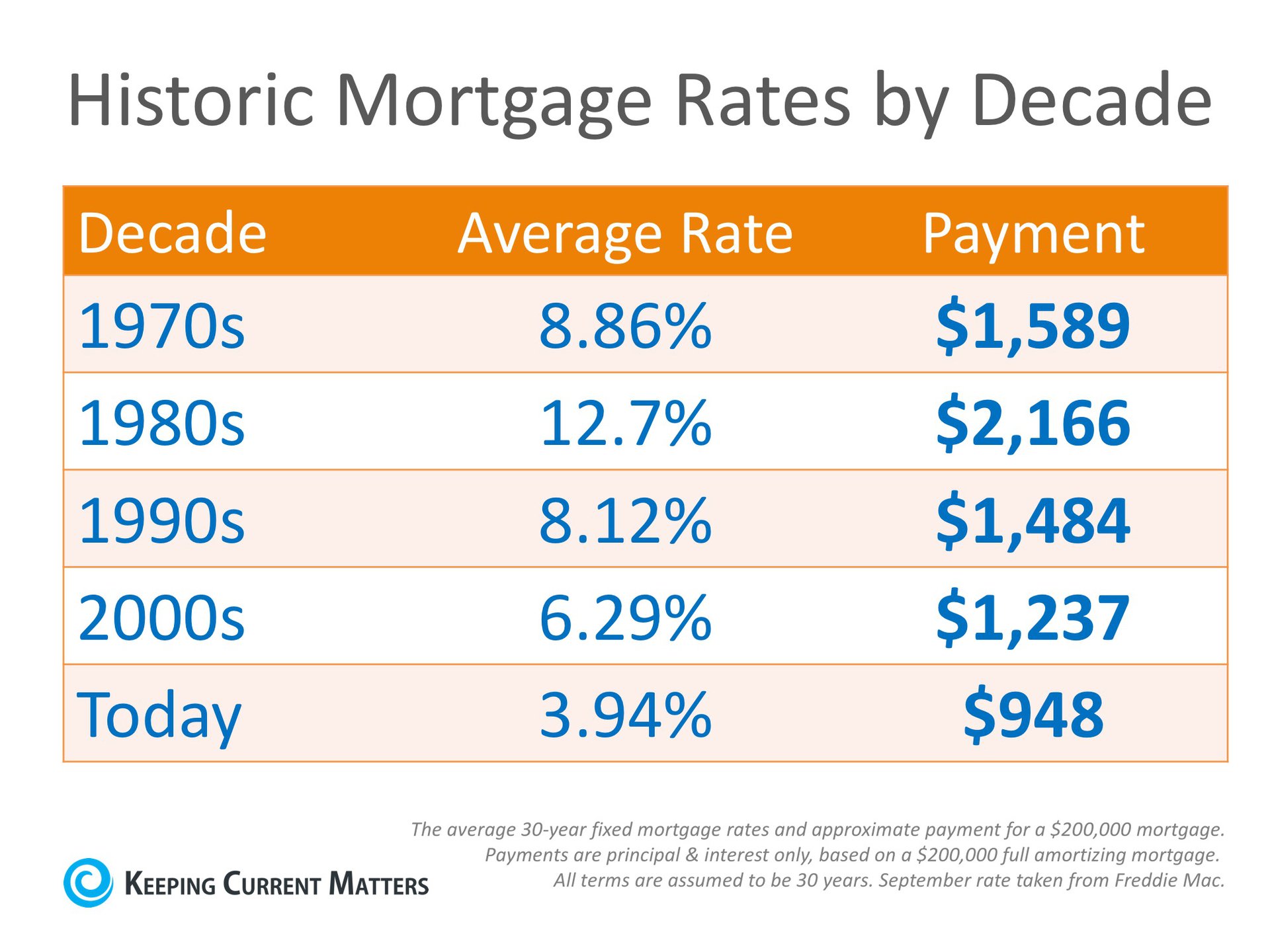
If you are planning on listing your home for sale, make sure that you don’t overlook the condition of your kitchen. A recent article on realtor.com listed “7 Signs Your Kitchen Is Way Overdue for a Renovation,” in which they warned:
“Dated kitchens—just like bathrooms—are a major barrier for resale. Buyers want modern amenities and styling, and most aren’t interested in renovating post-purchase.”
Kitchen remodels can be pricey, with many complete remodels costing $20,000 or more. But not every kitchen needs a full remodel. There are many smaller projects that will help buyers see themselves trying their favorite Pinterest recipe in your home!
Here are a couple of project ideas that, if you’re handy or know someone who is, could end up boosting your home’s value without breaking the bank:
- Are the cabinets in good shape but need an update? A new coat of paint and some updated hardware will instantly freshen up the space and drastically change the feel of the room all for under $300.
- A new backsplash to match the freshly painted cabinets updates the space and adds some style while staying under $200, depending on the size of the room.
- If the kitchen seems dark, consider adding LED under cabinet lighting for around $40.
- If replacing the countertops in the kitchen isn’t within your budget, consider using a top coat to cover the current countertops.
If you decide to complete a full remodel of your outdated kitchen, you can expect a 67% return on a $30,000 upgrade (the national median cost). The benefits of a kitchen remodel aren’t purely financial, according to Houselogic:
“Eighty-two percent of homeowners said their updated kitchen gave them a greater desire to be at home, and 95% were happy or satisfied with the result.”
Bottom Line
Kitchens and bathrooms are often make or break for buyers when touring a home or searching through photo galleries online. Consult a local real estate professional who can help you identify which small projects could pay off big!
Source: Keeping Current Matters | The KCM Crew 112316





